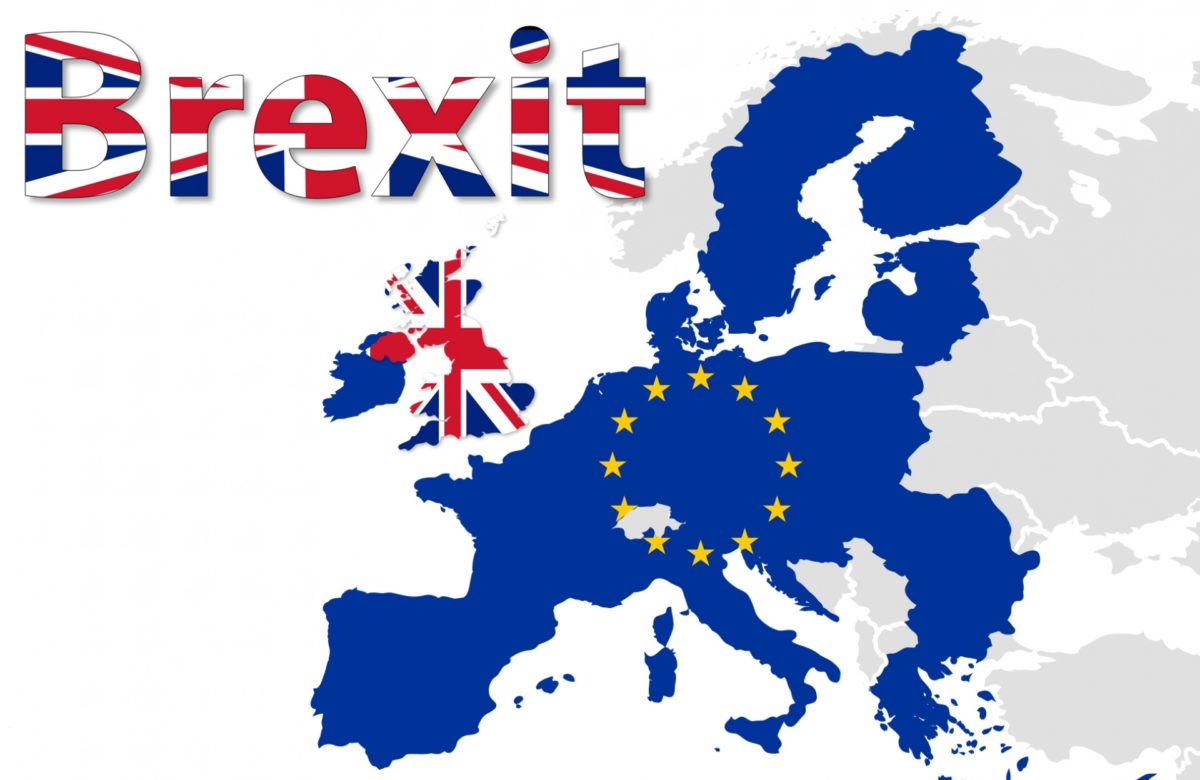Professor of Political Science Douglas Webber comments on Brexit
What can Theresa May do next?
“Theresa May has one card she still might be able to play against the hardline Brexiteers in her party and that would be to threaten to legislate in favour of a second referendum. She now has until Monday to present a new plan to MPs. There is, however, a high risk that this move would provoke a lasting split in the Conservative Party – something which May has so far been at great pains to avoid. And, to work, it would also have to provoke a split in the Labour Party, which has so far tried to exploit the conflict over Brexit to bring down May and her government rather than take a clear stance against Brexit. The EU could probably be persuaded to re-negotiate aspects of the failed deal so that it would look more like the kind of relationship that Norway has with the EU. However, a revised deal of this kind would meet with the same objections from hard-line Brexiteers among Conservative MPs as the one defeated yesterday. In the end they may have to choose whether to compromise with May and endorse a deal which falls far short of what they really want or risk the formation of a cross-party parliamentary coalition that asks the EU to extend Article 50 while a second referendum is organized that could reverse the result of the first. It is only when they are staring defeat in the eyes that they are likely to make any such compromise. They will not be shifted by the prospect of a ‘no-deal Brexit’, no matter how negative the consequences of this outcome may look.”

Could Brexit be delayed?
“May could either revoke article 50 which means Britain stays in the EU or ask the other member states for an extension of the date of the withdrawal of the UK. I consider the latter possibility quite realistic. Delaying Brexit would give all sides more time to avoid a no-deal Brexit or prepare for a no-deal Brexit. But I don’t think it is feasible for Britain to revoke article 50 given the result of the first referendum.”
Would “remain” win a second referendum?
“It seems that the argument for remaining in the EU has gained ground since the Brexit referendum now that the awareness of some of the costs and consequences of Brexit have become clearer. But it would be very difficult to guess the outcome. While some “leave” voters might have shifted to the “remain” camp, many voters on both sides may reject the idea of a second referendum because the people have already spoken and the matter should be laid to rest. If there is a second referendum, I think it is safe to say it will be very close again.”
Do you see the possibility of other EU member states leaving the bloc in the short term?
“I don’t see any likelihood in the very short term of other member states deciding to leave the EU. They’re all looking at the UK right now and what’s taken place with Brexit over the course of the last two and a half years years is certainly a glaring example of how hard it will be. What I think might be more likely are member states getting restless over issues such as the Eurozone and the Schengen area of borderless travel. One country of particular concern is Italy, which has fared worse economically since the Euro was launched and along with Greece is most exposed to the refugee crisis given its geographical location on the Mediterranean Sea.”
